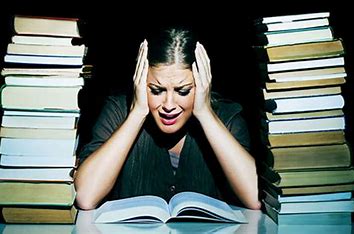It is well known that chronic loneliness has become a public health crisis in the United States. A recent article in the New York Times offers some strategies to combat this. One suggestion for individuals is to make new friends — especially ones with similar interests. Another one, my opinion, to develop an even closer relationship if you’re a couple. Here are a few excerpts from this recent article ……….
- Everyone feels lonely from time to time — after, say, a move to a new school or city, when a child leaves for college, or following the loss of a spouse.
- Some people, though, experience loneliness not just transiently but chronically. It becomes a personality trait, something that’s pretty sticky.
- Research is mounting that entrenched loneliness is bad for our health …. chronic loneliness affects the brain, and some strategies to address it.
- Small, transient episodes of loneliness really motivate people to then seek out social connection. But in chronic episodes of loneliness, that seems to kind of backfire because people become especially attuned to social threats, which can then make it scary or unpleasant for them to interact with others.
- For years, scientists have known about a connection between loneliness and Alzheimer’s disease and other types of dementia.
- The more general way in which loneliness affects mental and physical health may also factor into cognitive decline. The feeling is closely linked to depression, another condition that increases the risk for dementia. And people who are lonely are less likely to be physically active and more likely to smoke cigarettes.
- One of the most common recommendations is a little obvious: Try to make new friends (and it’s easiest with persons of shared identities). Whether that’s through art classes, sports teams, support groups or volunteer opportunities, the goal is to put yourself in places where people come together.
- The strategies may sound simple, but they’re easier said than done. Otherwise, I don’t think we would have the report from the Surgeon General saying we need to figure this out.
“Loneliness Shapes Our Behaviors.” New York Times (May 10, 2024).




